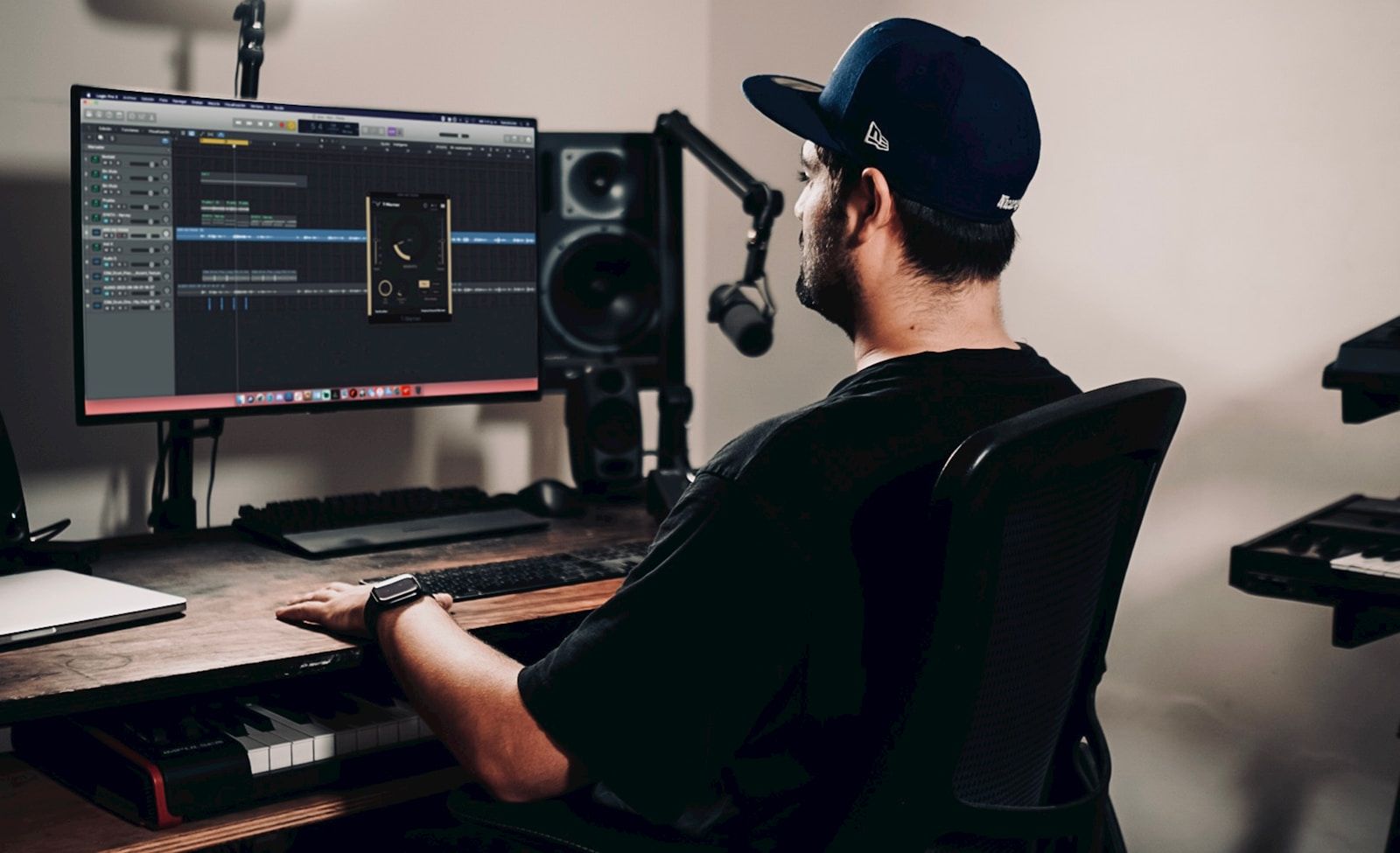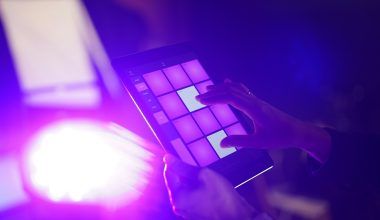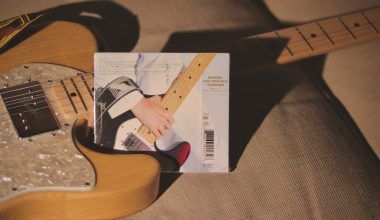Have you ever dreamed of creating your own music but felt overwhelmed by the technical side of things? Don’t worry; you’re not alone. Starting your musical journey can feel intimidating, especially when it comes to choosing the right tools. Thankfully, music software for beginners is designed to make the process easier and more fun. Whether you’re a complete novice or someone who’s dabbled in music before, this guide is here to help you get started.
Why Music Software Is Perfect for Beginners
Music software is like having a whole recording studio on your computer. You don’t need expensive gear or years of experience to start making your own songs. With beginner-friendly programs, you can experiment, learn, and even produce full tracks without leaving your home.
For example, beginner music software often includes built-in tutorials, simple interfaces, and tools that do the heavy lifting for you. This means you can focus on being creative instead of worrying about the technical details. Isn’t that great?
What Makes Good Music Software for Beginners?
When choosing the best music software for beginners, look for these features:
- User-Friendly Interface: You want software that’s easy to navigate. It should feel like second nature after a little practice.
- Built-in Tutorials: Many beginner tools come with helpful guides to walk you through the basics.
- Affordable or Free Options: You don’t need to spend a fortune. Plenty of free or low-cost programs work wonderfully for beginners.
- Flexibility: Good software grows with you. Even as you improve, the best beginner tools will still be useful.
- Compatibility: Make sure it works with your computer or device!
Now, let’s dive deeper into some fantastic options.
Top Music Software for Beginners
1. GarageBand
If you own a Mac, GarageBand is your best friend. This free music software for beginners is incredibly intuitive. With its drag-and-drop features and a wide variety of loops and instruments, you can start making music in minutes.
GarageBand also offers “Learn to Play” lessons for guitar and piano. This means you can not only produce music but also improve your instrument skills.
2. Audacity
Audacity is a free, open-source audio editor that works on both Mac and Windows. While it’s more focused on editing audio than producing music, it’s a great tool to learn the basics of sound manipulation.
You can record, edit, and add effects to your tracks easily. It’s perfect for podcasters, voiceovers, or anyone experimenting with sound.
3. FL Studio
FL Studio is one of the most popular Digital Audio Workstations (DAWs) out there. While its full version can be pricey, there’s a beginner-friendly trial version that lets you explore its features.
The interface might feel a bit overwhelming at first, but once you get the hang of it, you’ll see why so many musicians swear by it. It’s versatile, powerful, and packed with tools to help you create any genre of music.
How to Get Started with Music Software
Starting with music software for beginners doesn’t require any prior experience. Here’s a simple step-by-step guide to help you:
- Choose Your Software: Pick one from the list above that suits your needs and budget.
- Install and Explore: Download the software and spend some time exploring its features. Watch tutorials or follow guides to understand the basics.
- Experiment: Don’t be afraid to play around. Test out different instruments, loops, and effects to see what sounds good to you.
- Start Simple: Begin with a short project, like creating a beat or remixing a song.
- Learn and Grow: As you get comfortable, try more advanced techniques like layering sounds or mastering tracks.
Overcoming Common Challenges
It’s normal to face some hurdles when starting with music software. Here are common issues beginners face and how to solve them:
- Feeling Overwhelmed: Start small. Focus on one feature at a time instead of trying to learn everything at once.
- Lack of Creativity: Experiment with pre-made loops or collaborate with a friend for inspiration.
- Technical Glitches: Keep your software updated and check online forums for troubleshooting tips.
Tips for Choosing the Right Music Software
Still unsure which software is best for you? Here are some extra tips:
- Watch Tutorials: Look up video tutorials to see how the software works in real life.
- Read Reviews: Check out what other beginners are saying.
- Trial Versions: Many programs offer free trials. Use these to test before you commit.
Beyond the Basics
Once you’ve mastered the basics of music software for beginners, you might want to upgrade your tools or skills. Here are a few ideas:
- Explore Advanced DAWs: Consider stepping up to software like Ableton Live or Logic Pro.
- Learn Music Theory: Understanding scales, chords, and rhythm can take your creations to the next level.
- Invest in Equipment: A good MIDI keyboard or microphone can enhance your music production experience.
Final Thoughts
Starting your music journey doesn’t have to be complicated. With the right music software for beginners, you can bring your creative ideas to life and enjoy the process along the way. Remember, it’s not about being perfect—it’s about having fun and expressing yourself.
So, what are you waiting for? Pick a program, dive in, and start creating. Your future self will thank you!
For further reading, explore these related articles:
- Mastering Time with Timers: How to Set a Timer for Everyday Tasks
- How to Download Songs on Spotify on iPhone: A Step-by-Step Guide for Everyone
For additional resources on music marketing and distribution, visit DMT Records Pvt. Ltd..






